Russian billionaire pushes back over US sanctions
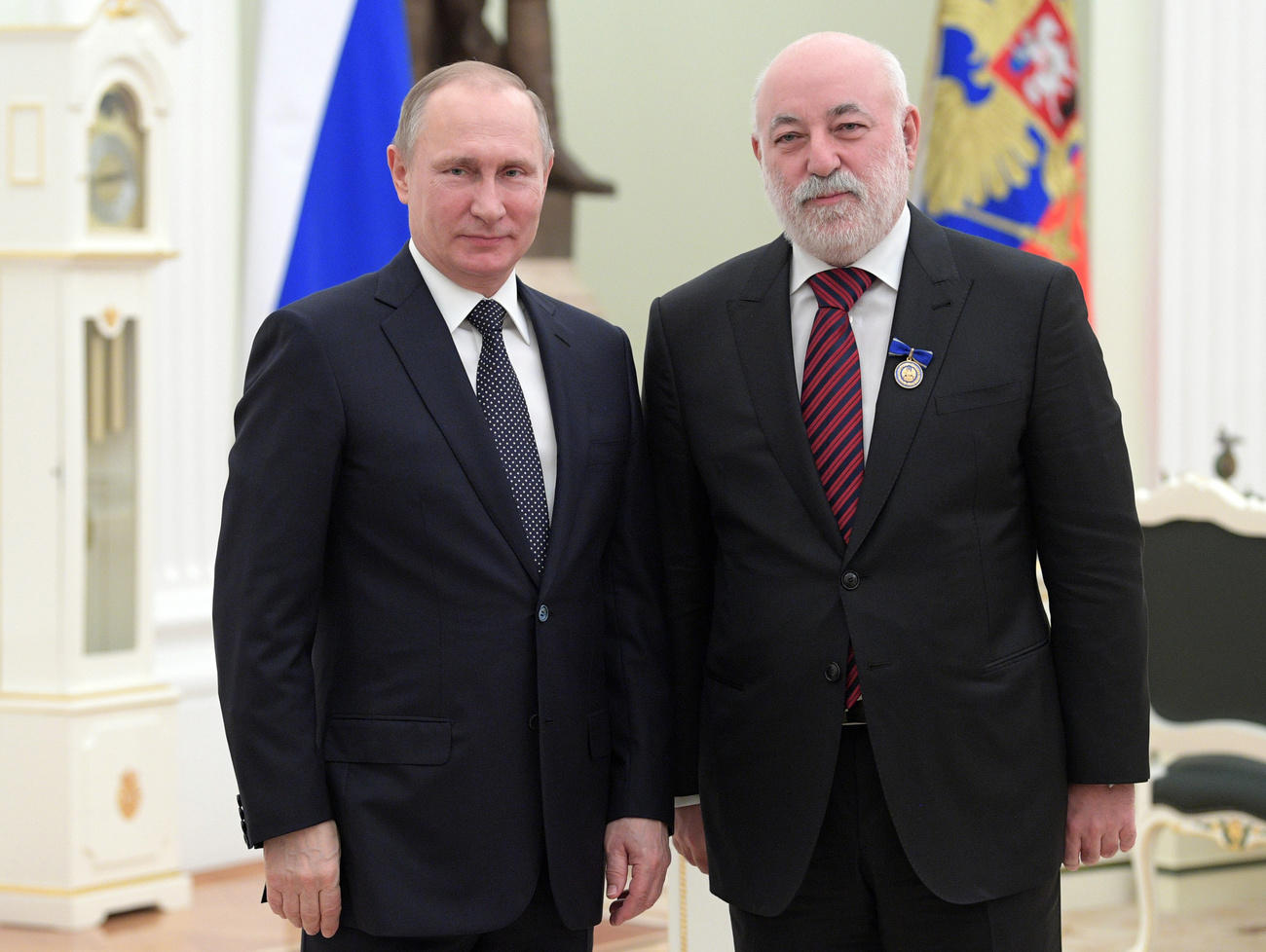
In January 2017, Russian billionaire Viktor Vekselberg took his seat at the inauguration party for US president Donald Trump, and spent the evening marvelling at the seismic political shift in a country he had made his second home.
Fifteen months later, Vekselberg was placed under crippling sanctions by Trump’s administration. He was banned from doing business with US citizens, effectively cut off from the western financial system, barred from the country and left unable to visit his daughter and grandson in New York.
“My whole life I have tried to be an international person . . . I brought my entire family to the US,” he told the Financial Times in his first major interview since the sanctions were imposed. “I would never have predicted the reaction, the situation that I am now in.”

Vekselberg was a frequent visitor to the US, resettled his family there and is seen by many as the most prominent pro-American Russian businessman. He is one of the highest-profile casualties of the breakdown in relations between Russia and the US after Moscow’s 2014 invasion of Crimea and alleged meddling in the 2016 US presidential election.
But Vekselberg insists he has had no involvement in such activities and was targeted simply because “I am Russian. I am rich. And yes, I know [Russian president Vladimir] Putin. Today, it is enough.”
“People [in Russia] say ‘you have so much Russian business here, you are a Russian celebrity, you are not under European sanctions. Why are you worried about it?’,” he added.
“But for me this is a total crisis of my life. This is not about money, not about business. This is my personal situation . . . For me the whole world was about opportunity. Now, what can I do?.”
Vekselberg, who built a $14 billion empire from aluminium, oil and engineering assets, was sanctioned in April last year by the Office of Foreign Assets Control, the Department of the Treasury unit that oversees the US measures, alongside six other Russian tycoons who it said “benefit from the Putin regime and play a key role in advancing Russia’s malign activities”.
His inclusion surprised analysts and businessmen in Moscow, where he is considered far less close to Putin than other oligarchs who were not targeted.
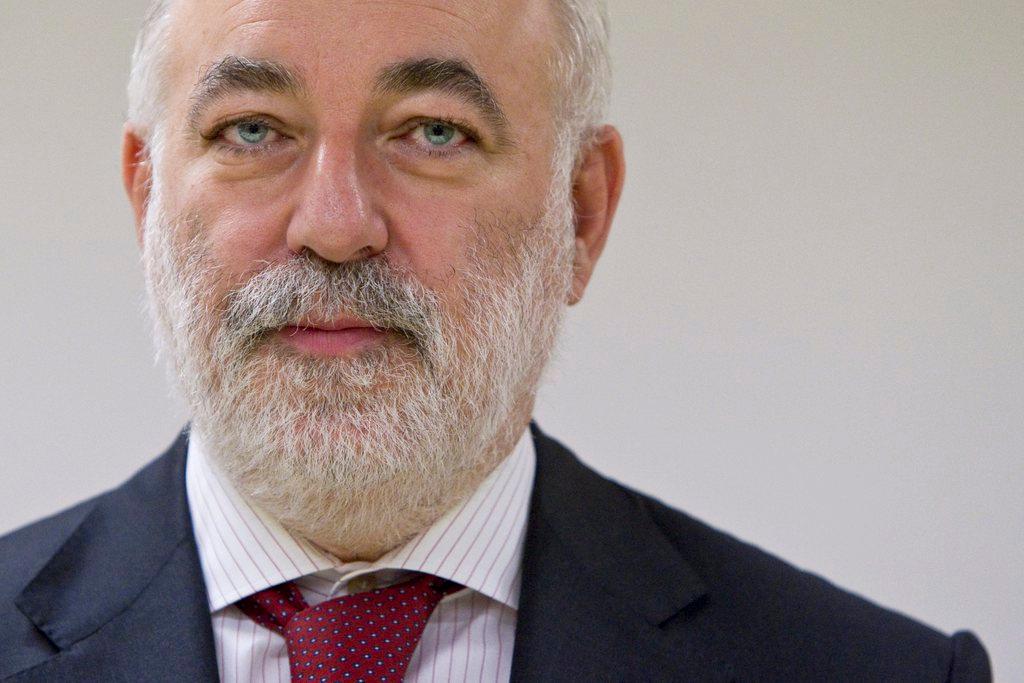
More
Viktor Vekselberg: a discreet Russian oligarch in Switzerland
“The surprising name on the sanctions list is that of Vekselberg. He is seen as one of the old oligarchs from the 1990s and not so close to the Kremlin,” Anders Aslund, a former economic adviser to the Russian government and senior fellow at the Atlantic Council, wrote at the time.
“Of course I have met with Mr Putin,” Vekselberg told the FT. “But many people have met him, more regularly, or have more subjects to discuss with him. Many people say to me that there must be something else.”
Some point to his efforts to seek co-operation between the US and Russia, including helping to organise part of a Russian state visit to Silicon Valley and his role as an unofficial liaison on technology industry issues. They suggest his US activities made him too prominent at a time of intense speculation about Russia’s alleged attempts to infiltrate the presidential election.
Vekselberg stoked the controversy by attending Trump’s inauguration just as the allegations were swirling. The recently concluded report by special counsel Robert Mueller did not find evidence of a conspiracy between Trump’s campaign and Moscow.
Since the inauguration, news of a meeting between Vekselberg and the US president’s then-lawyer Michael Cohen has increased conjecture about the nature of his links with the Trump team.
Vekselberg argued that he only wanted to attend the inauguration because he was curious about the new US president. “When Trump won the election, I thought OK, here is a new guy, there is a lot of noise, it is interesting,” he said. “If only I had really understood how sharp the political internal situation [was] . . . how anti-Russian feeling was so strong.”
Seeking to secure a ticket for the ceremony, he was first rebuffed by Wilbur Ross, Trump’s then incoming commerce secretary. His American cousin Andrew Intrater then arranged to obtain two tickets provided by Cohen, Vekselberg said.
The Russian businessman, as a foreign national, was barred from paying for a ticket himself so, he said, Intrater arranged to pay for both tickets, secured through Cohen, and bring Vekselberg as a guest.
“Mr Cohen asked to meet me, because he wanted to be sure who his guest was, because it was done through his channel,” said Vekselberg. The meeting took place a week before the inauguration, at Trump Tower in New York.
“It was not a meeting in the restaurant or whatever, we had an official invitation, passed through security, went up to Mr Cohen’s office in the Trump building,” he said. “We shook hands, talked for 15 minutes. Nothing special. He did not discuss any business in Russia. He was only interested in investment in the US.”
Vekselberg has hired lawyers to seek to overturn the Ofac sanctions, which apply to him personally and all the companies he controls through his holding company Renova. The group owns shares in Swiss group Sulzer and companies in South Africa and the US and has about 70 per cent of its assets outside of Russia.
“[Ofac] wants to create trouble for Russia,” he said. “But instead they create trouble for international companies and countries.”
Copyright The Financial Times Limited 2019

In compliance with the JTI standards
More: SWI swissinfo.ch certified by the Journalism Trust Initiative
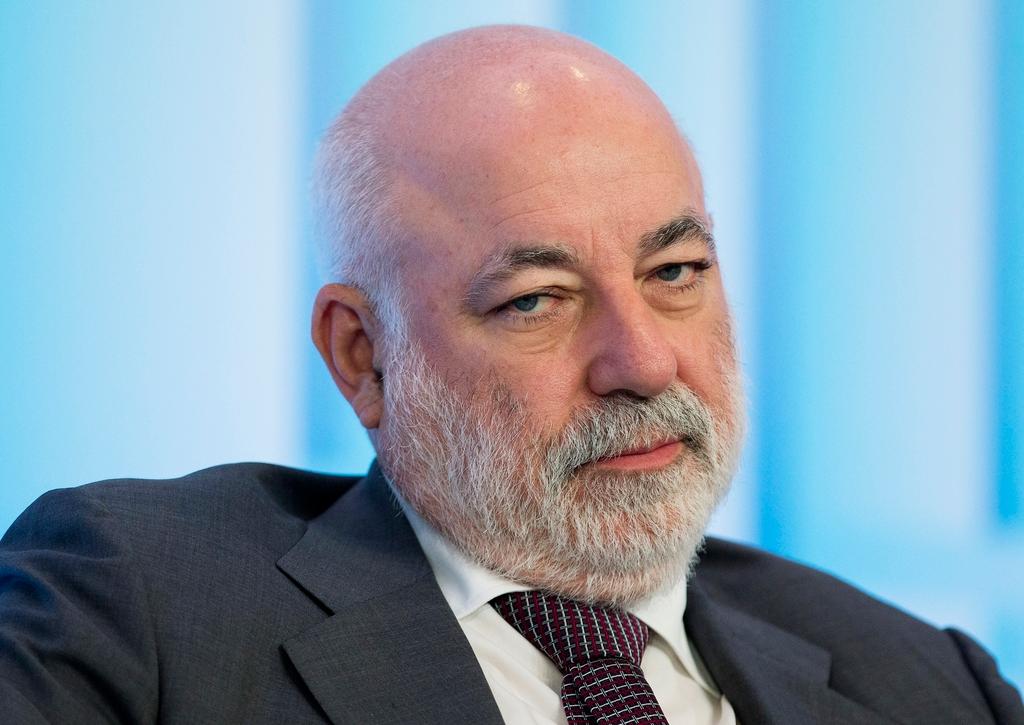
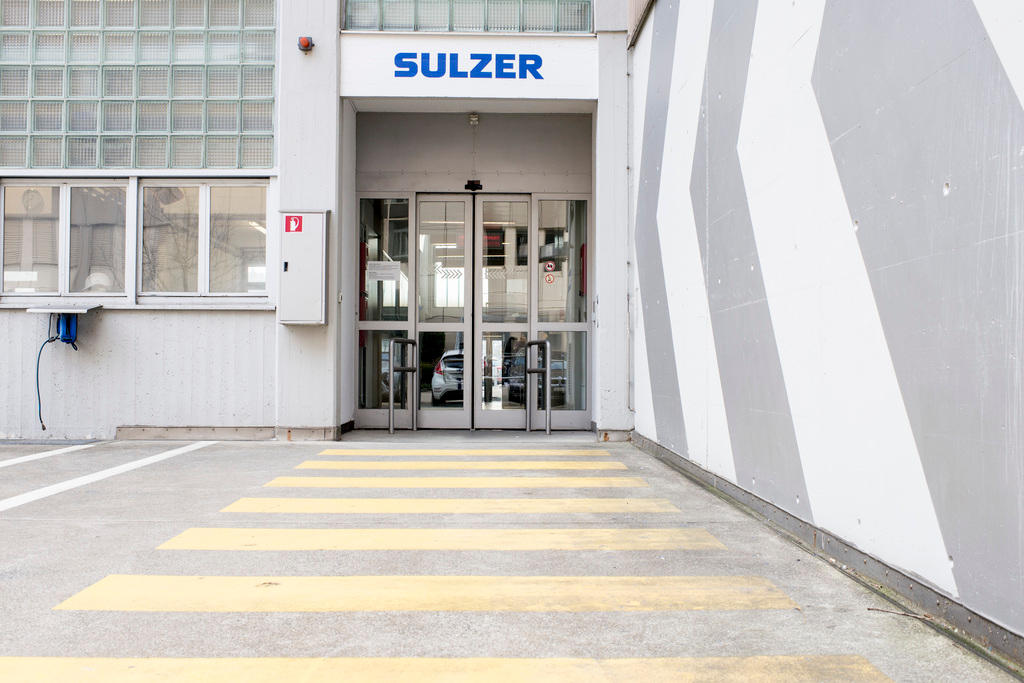
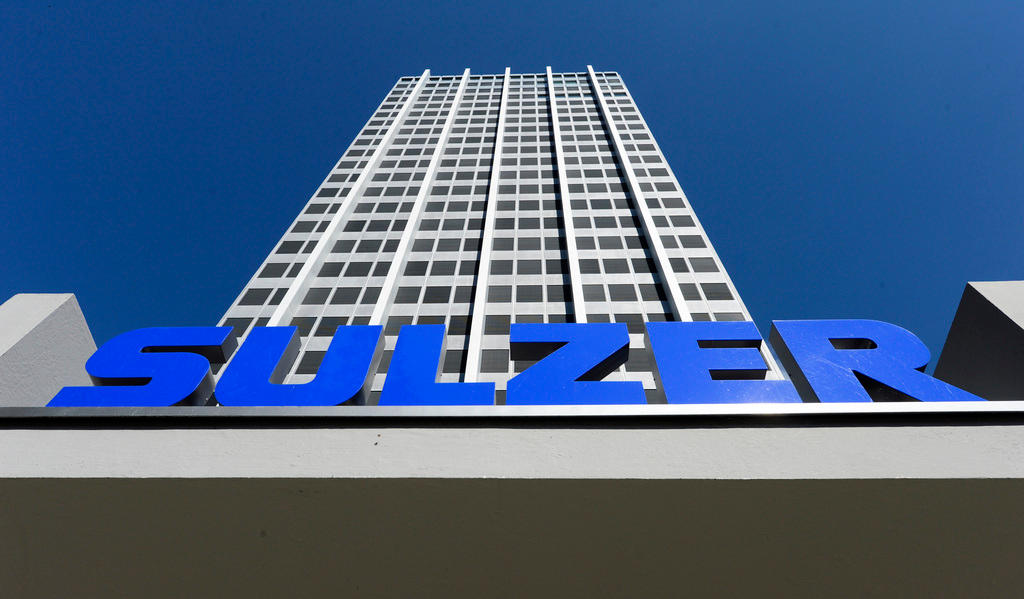
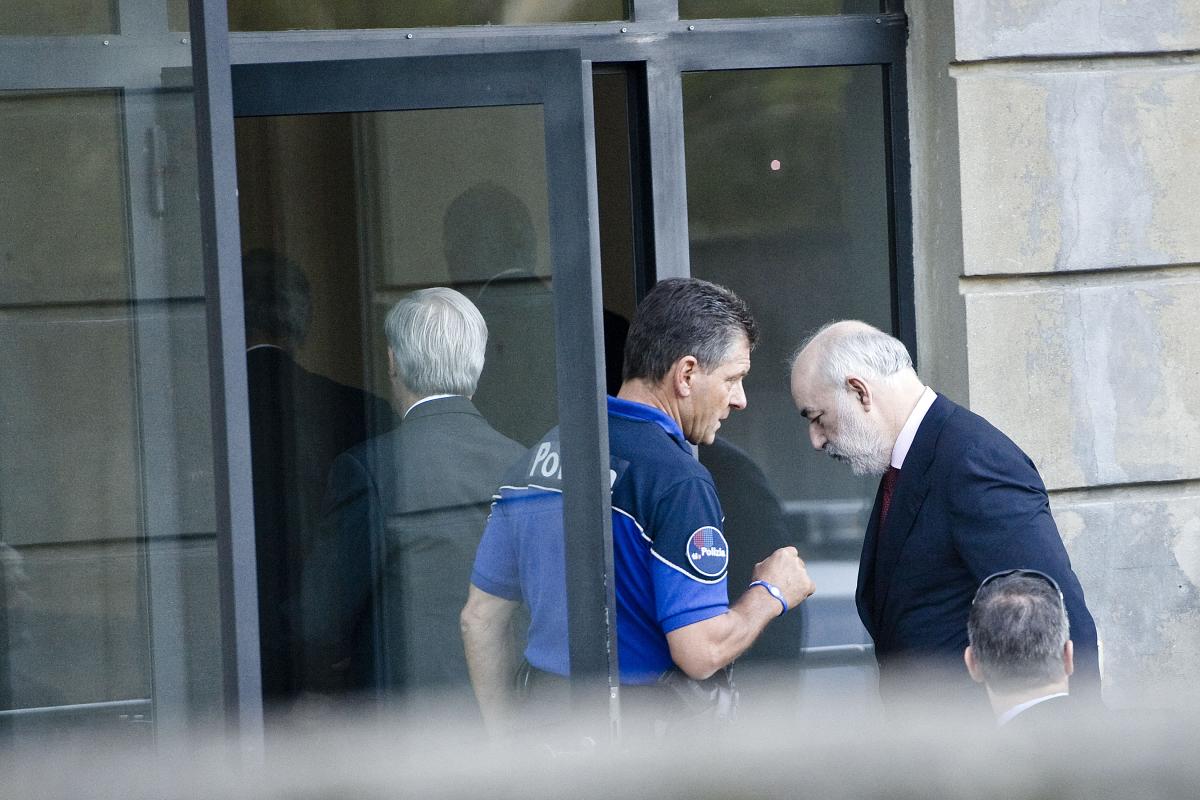
You can find an overview of ongoing debates with our journalists here. Please join us!
If you want to start a conversation about a topic raised in this article or want to report factual errors, email us at english@swissinfo.ch.